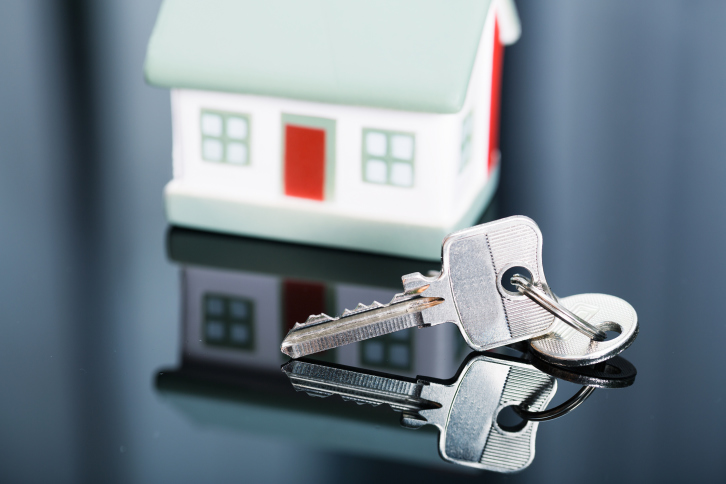 When applying for a new home loan, there are several different types of mortgage programs available to most applicants. While there are various home loan programs to choose from, the most significant difference between the various options relates to a fixed rate mortgage or an adjustment rate mortgage. Understanding what an adjustable rate mortgage, or ARM, is in comparison to a fixed rate mortgage can help applicants make a more informed decision about their mortgage plans.
When applying for a new home loan, there are several different types of mortgage programs available to most applicants. While there are various home loan programs to choose from, the most significant difference between the various options relates to a fixed rate mortgage or an adjustment rate mortgage. Understanding what an adjustable rate mortgage, or ARM, is in comparison to a fixed rate mortgage can help applicants make a more informed decision about their mortgage plans.
What is an Adjustable Rate Mortgage?
A fixed rate mortgage is one with an interest rate fixed for the entire term length. This means that a home loan with a 30-year term has an interest rate that will remain the same for the full 30 years, and this also means that the mortgage payments will remain the same over 30 years. On the other hand, an ARM will have an adjustable rate that will fluctuate periodically over the life of the loan, and the mortgage payment will also fluctuate as a result.
How is an ARM Beneficial?
There are several benefits associated with an ARM. For example, the initial interest rate and related mortgage payment are typically lower than with a fixed rate mortgage. In addition, if rates decrease over the life of the loan, the mortgage payment will lower as a result without the need to refinance to take advantage of the lower rate.
Before Applying for an ARM
Before applying for an adjustable rate mortgage, there are a few points that the applicant should keep in mind. Just as the interest rate may go down over the life of the loan, the rate and the mortgage payment may increase. The loan applicant should ensure that the upper limit for the interest rate and mortgage payment will be affordable for their personal budget before applying for this type of loan.
Each loan program available to a mortgage applicant has its pros and cons, and this holds true for an adjustable rate mortgage as well. Understanding how each loan program works and what the benefits and drawbacks for each are can help an applicant make an informed decision when applying for a mortgage. Those who are interested in applying for a new mortgage for a purchase or a refinance in the coming days or weeks may reach out to a mortgage broker to inquire about the different loan programs available.
 Mortgages are expensive, and closing costs only add to the financial burden that homebuyers face. But with a little knowledge, you can pinpoint places to save on your mortgage closing costs and keep more money in your pocket. When you’re negotiating your next mortgage, use these tips to reduce required closing costs and keep more of your hard-earned money.
Mortgages are expensive, and closing costs only add to the financial burden that homebuyers face. But with a little knowledge, you can pinpoint places to save on your mortgage closing costs and keep more money in your pocket. When you’re negotiating your next mortgage, use these tips to reduce required closing costs and keep more of your hard-earned money.